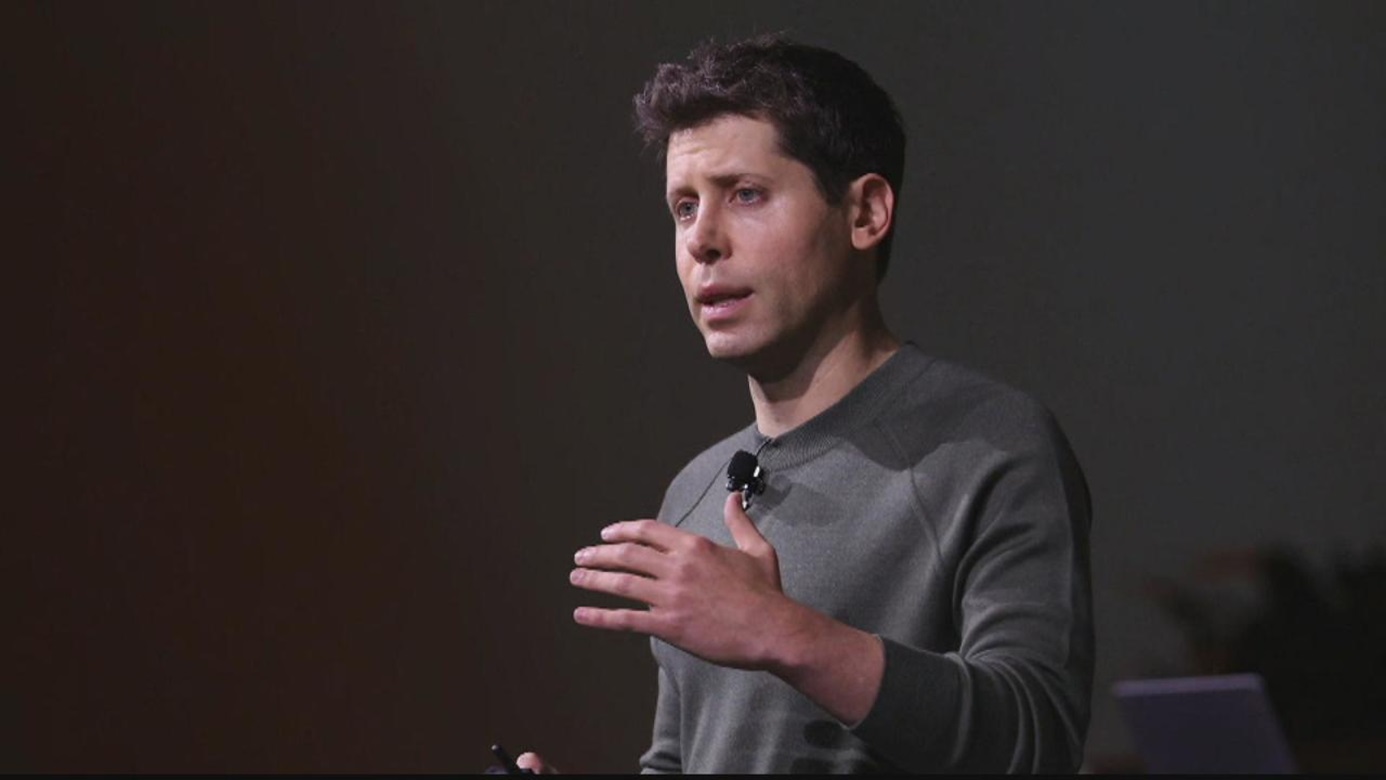
Altman admitted that at the time, his choice to join Microsoft on Sunday appeared to be the best option. (CBS News)
OpenAI disclosed on Tuesday that Sam Altman, its co-founder, would resume the role of CEO at the tech company after being dismissed by its board of directors and then promptly announcing his move to Microsoft.
The company shared via a post on the social media platform X, stating, "We have reached a tentative agreement for Sam to reprise the role of CEO at OpenAI, with a newly reconstituted board comprising Bret Taylor (Chair), Larry Summers, and Adam D'Angelo."
Altman also conveyed his sentiments on the platform, expressing his affection for OpenAI. He mentioned that all his actions in recent days were geared towards preserving the team and its mission.
OpenAI outlined plans to establish a fresh board featuring Bret Taylor, former co-CEO of Salesforce, as chair; economist Larry Summers; and Adam D'Angelo, CEO of Quora. Notably, three directors instrumental in Altman's removal— Ilya Sutskever, Helen Toner, and Tasha McCauley— will be stepping down from their positions.
Following his departure along with Altman, Greg Brockman, former OpenAI president, will also return to the company. However, neither Altman nor Brockman will assume roles on the new board, as per The Information.
Dan Ives, an analyst from Wedbush Securities, anticipated that the board overhaul at OpenAI would fortify its governance. He remarked, "The erstwhile, now infamous, board members are finally departing after the failed upheaval, bringing OpenAI back to its previous state prior to this dramatic episode."
Microsoft's significant investment in OpenAI and its access to the company's existing technology played a pivotal role in Altman's reinstatement and the formation of a new board. After Altman's dismissal, Microsoft swiftly recruited him and Brockman. This move coincided with a collective threat of resignation by numerous OpenAI employees, urging for the board's resignation and Altman's return.
Altman acknowledged that his decision to join Microsoft on Sunday seemed optimal at the time. However, the newly announced board by OpenAI and the support from Satya Nadella, Microsoft's chairman and CEO, influenced his enthusiasm to return to the company he co-founded and to reinforce their partnership with the software giant.
Nadella expressed Microsoft's satisfaction with the changes to OpenAI's board, perceiving them as a fundamental step towards achieving more steadfast, well-informed, and efficient governance.
Earlier, OpenAI had stated that Altman's removal was due to a review revealing his inconsistency in communications with the board, which had lost confidence in his leadership abilities.
Insights from Wall Street research firm New Street Research indicated that tensions might have surfaced over Altman's drive to develop more advanced products, possibly leading to strained communications and unilateral operational decisions.
Amidst this turbulence, one board member expressed regret over their involvement in the decision to remove Altman. "I deeply regret my participation in the board's actions. I never intended to harm OpenAI," posted board member Ilya Sutskever, pledging efforts to reunite the company.
During Altman's tenure as CEO, ChatGPT gained widespread recognition globally, elevating his stature as a prominent voice in Silicon Valley on the potential benefits and risks associated with artificial intelligence.















